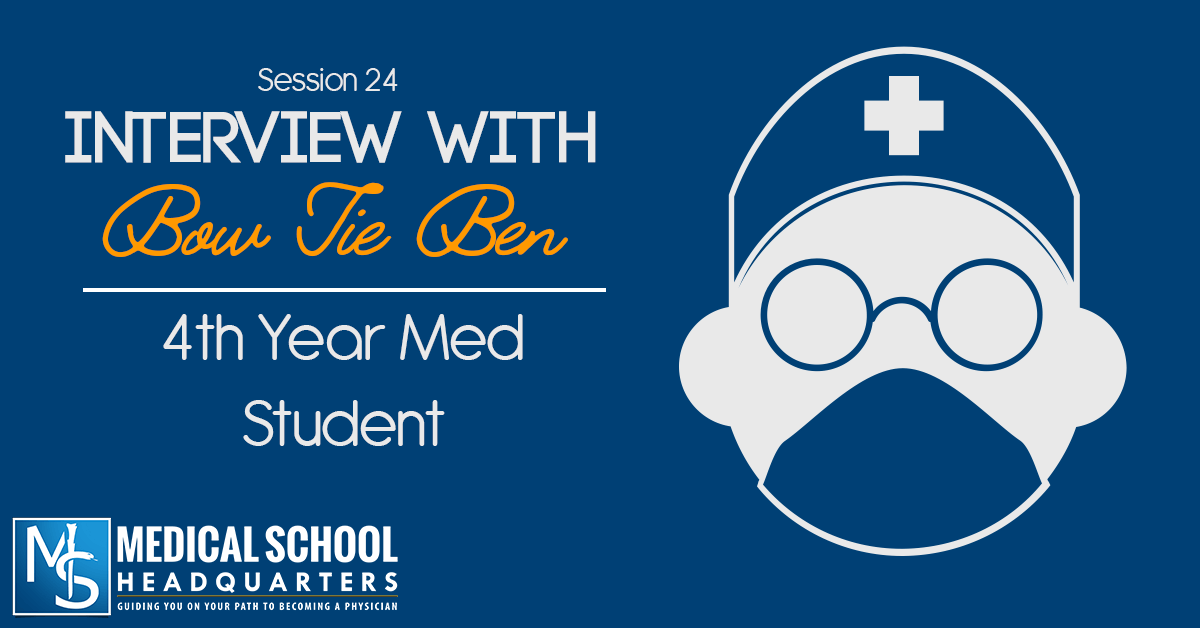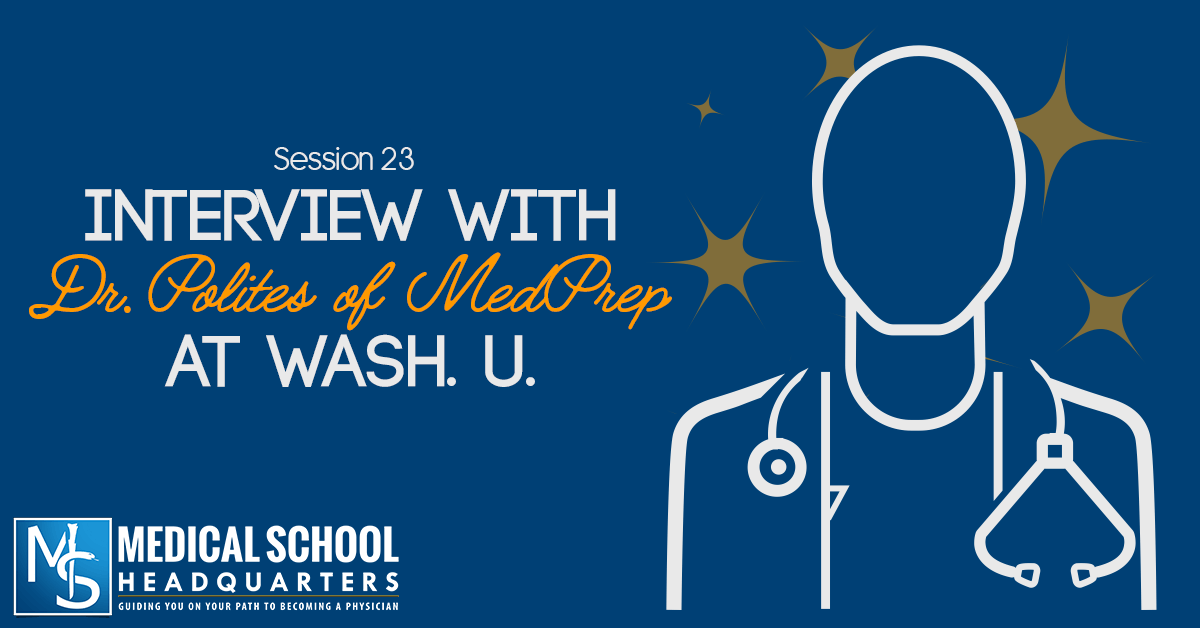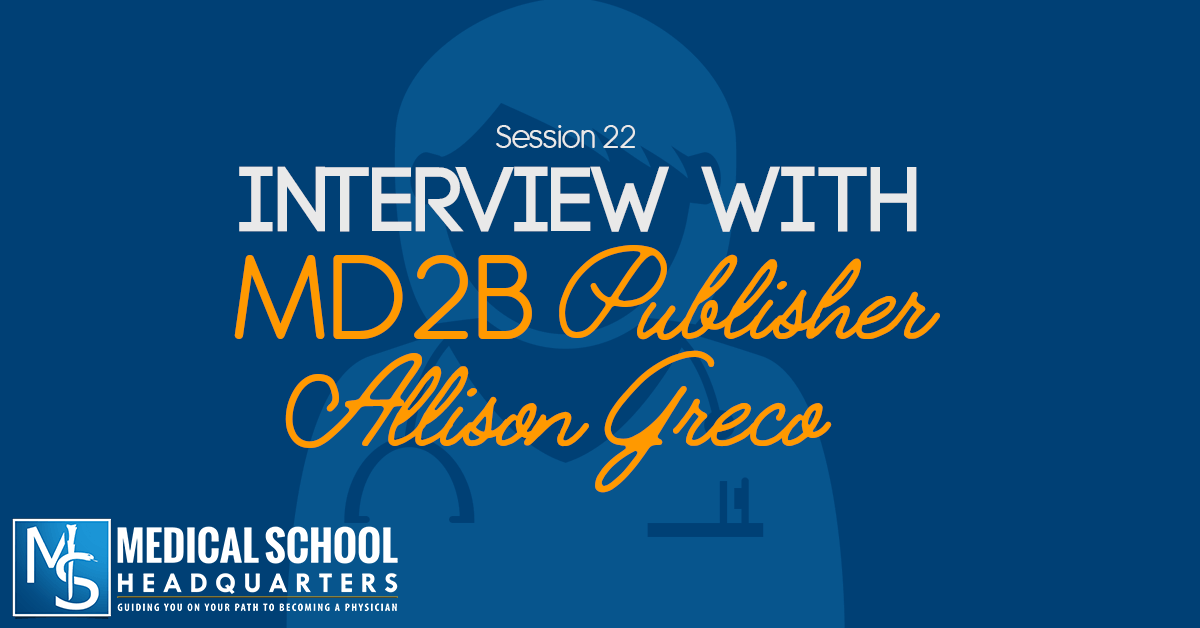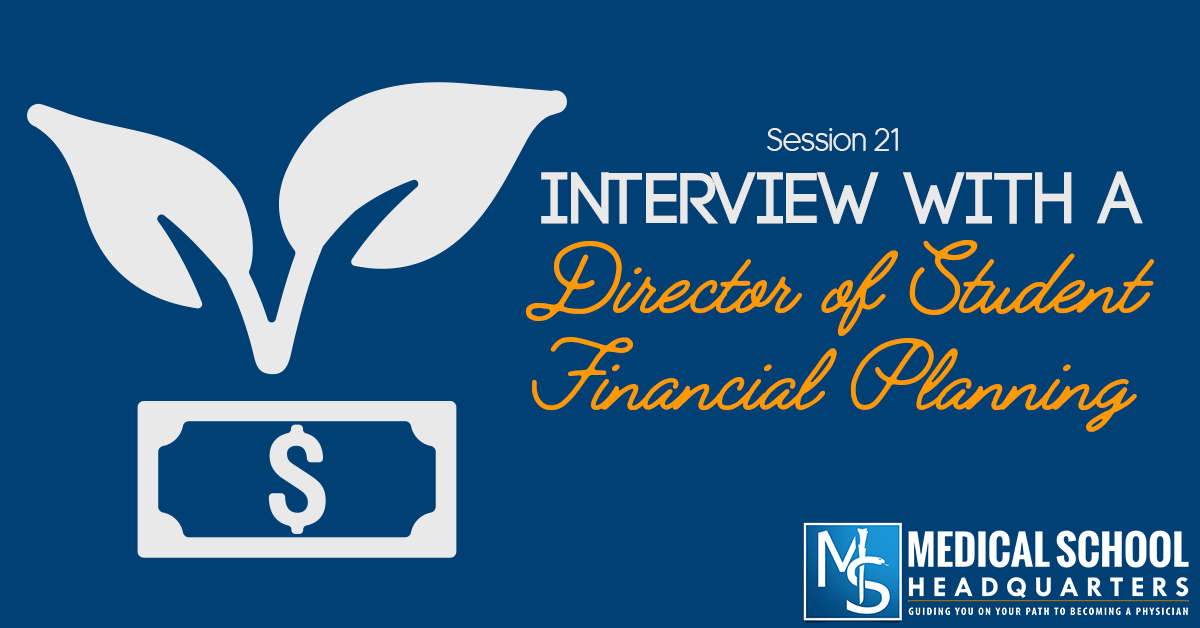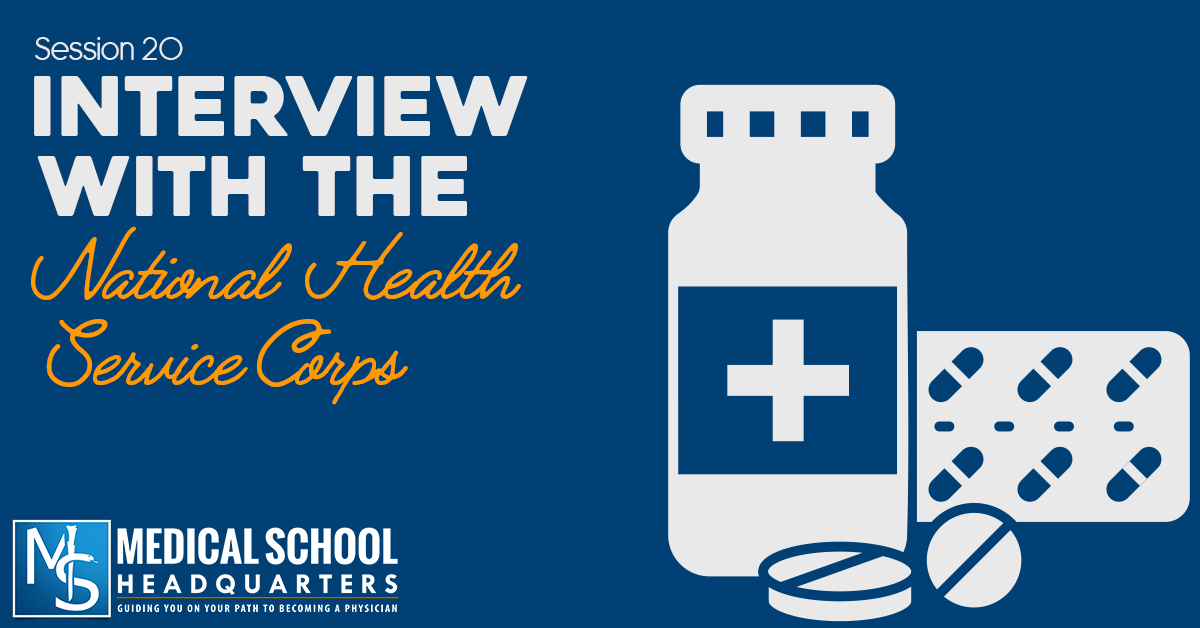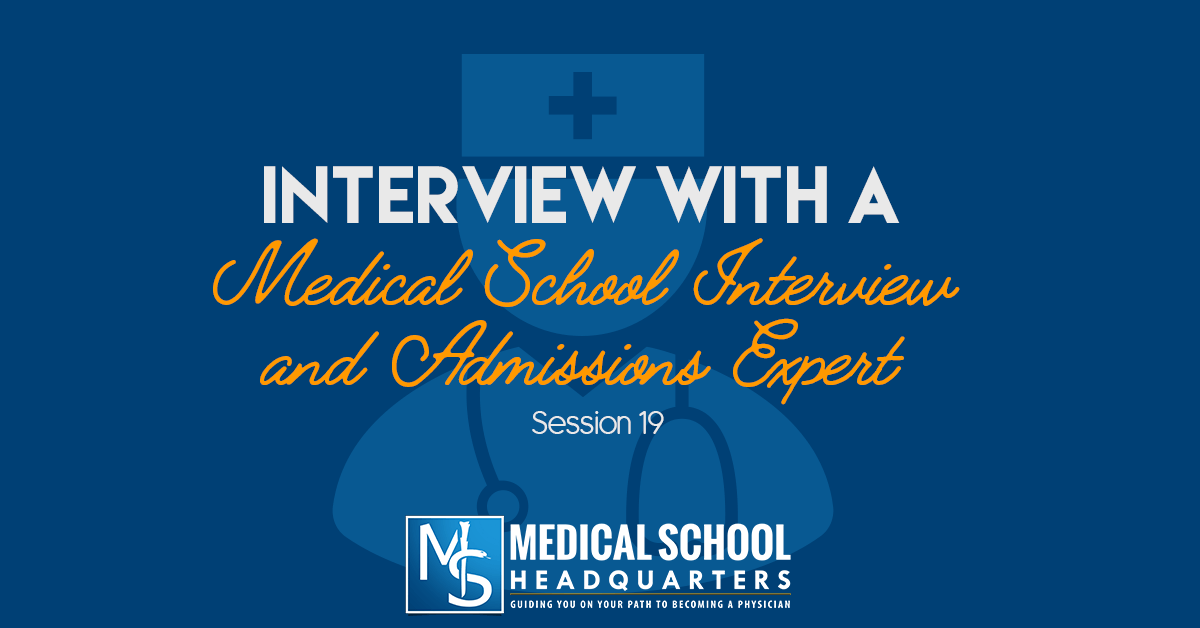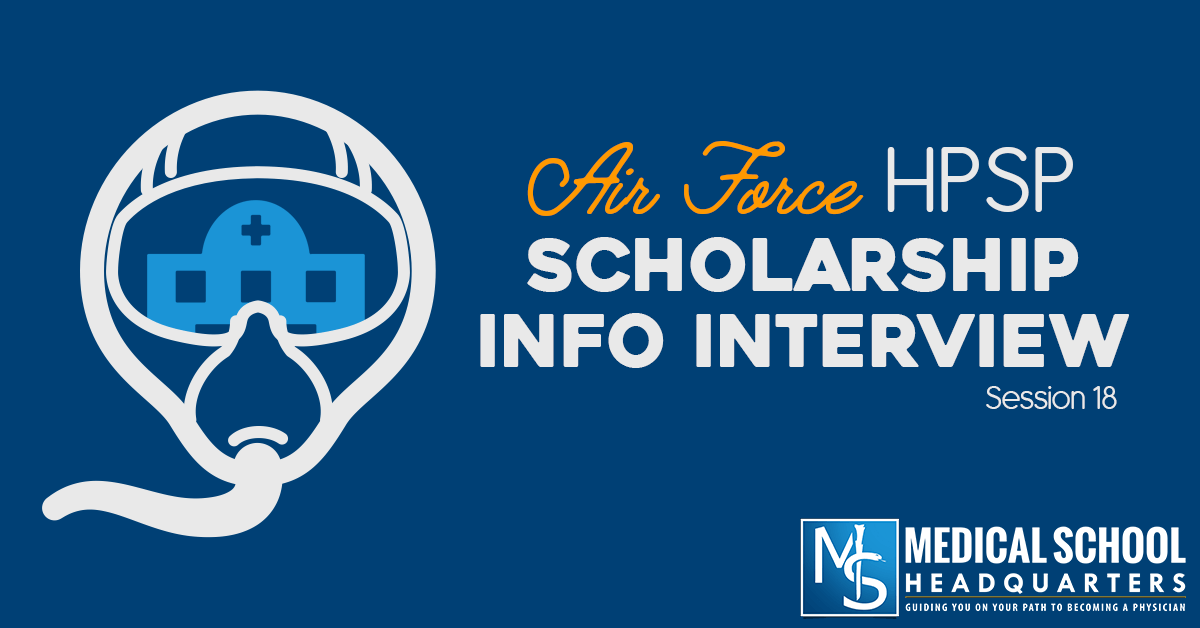Blog
RECENT POSTS
Interview with Bow Tie Ben, 4th Year Med Student
Ben Azevedo, better known as Bow Tie Ben, as of this recording is a 4th year medical student. I first found out about Ben when I saw this article and video. I was amazed that a medical student was taking the time to make bow ties during medical school. He wasn't making them for him. He actually has a business that he runs at New Orleans Bow Ties!
I reached out to Ben because he seemed like the perfect example of a student who is actively involved with something outside of medical school. We often talk about the need for balance in life. Medical school can easily engulf everything that you do, and if you don't put an effort into fighting it, that is all you will do. We as humans need balance, need a break from all the studying and need to get away from medicine so that when we go back into it, we have a fresh mind, ready to absorb all the new info we need to learn.
Preparing for a Career in Medicine: Clinical Experience
Medical experience is enormously valuable to premedical students for a variety of reasons. Observing physicians and understanding what they do on a daily basis helps premeds understand the challenges and rewards of the medical profession and envision themselves as physicians. Spending time with doctors also helps premed students clarify and solidify their goals, confirming with certainty that they want to pursue a career in medicine. Observing or volunteering also helps premeds understand the ways in which hospitals or clinics function and the teamwork involved in providing good medical care.
Sustained clinical experience proves to both yourself and the medical schools that you have a good understanding of the medical profession and are committed to it. Clinical work also serves as inspiration, helping you power through the challenges of your premedical courses, reminding you of your ultimate goal.
Interview with Dr. Greg Polites of MedPrep at Wash. U.
Dr. Greg Polites must wander around the campus of Washington University in St. Louis with a flock of adoring fans like Justin Beiber anywhere in public.
Dr. Polites is an Associate Professor of Emergency Medicine at Washington University School of Medicine. He's also on the admissions committee and the coursemaster for the Practice of Medicine course for 1st and 3rd year medical students there.
For premeds at Wash. U, he's the instructor for MedPrep, a course that has very similar goals as we do here at the Medical School Headquarters. Upwards of 90% of all premed students at Wash. U take the MedPrep course on their way to medical school.
Interview with Medical Student Blogger Allison Greco
Allison Greco is the brains behind the blog MD2B, which you can find at md2bgrecoa3.com.
The MD2B is coming true in just a few short weeks (as of this posting) as Allison is graduating from Jefferson Medical College and will start her Internal Medicine residency at Jefferson in July.
Should We Even Have a DO Degree?
I just did a web search for “why go to a DO school”
The top two results that I received:
- Reapply or go to DO school?
- Why are Osteopathic medical schools treated like the plague
I’m sure you could do “MD vs DO” too and get similar results.
In the interview that I had with ATSU KCOM, I asked what they thought about this general philosopy of “my grades aren’t good enough for an MD school, I should just go to a DO school instead.” Their response”
A little disappointment actually, because the curriculum is the same, so it’s not any easier than any med schools out there. But I do feel a little disappointment, and I even interviewed a kid the other day that iterated to that. He said, "Well my dad, who is a physician, said, 'Your grades aren't good enough, try a D.O. school.'"
Interview with a Director of Student Financial Planning
Financial planning for medical school, and looking at your options for student loans should be like shopping for the lastest and greatest smartphone. We can easily recite prices and numbers for phones, but when it comes to comparing different options to help pay for our studies, we're all clueless.
Ten Tips for Successfully Starting your Intern Year
Congratulations you Matched!...Now What?
The third thursday in March, known as Match Day, has come and gone. Thousands of 4th year medical students around the United States have opened their envelopes and learned where they will be spending the next three to seven years of their lives. Hopefully you are one of the many students who smiled, shouted with excitement, or shed tears of relief and joy. The long journey of the residency application process has ended, and graduation is fast approaching. Soon, you will receive your diploma and take the Hippocratic Oath; with those words you will become a physician. And as the era of your time as a medical student ends, a new era will begin - your residency.Interview with the National Health Service Corps
Medical school is expensive. There are no two ways about it. Fortunately there are scholarships available. We already covered the Air Force HPSP scholarship in session 18. For this session, we are talking with the National Health Service Corps (NHSC) from the US. Department of Health & Human Services.
Authorized in 1974, the NHSC was created to address the shortage of primary care physicians, especially in rural America.
Interview with a Medical School Interview and Admissions Expert
Dr. Wagoner has been in medical school admissions for about 30 years. She is an expert in the medical school interview process. She shares her knowledge with us.
Air Force HPSP Scholarship Interview
Want to go to medical school for free? Travel the world? And fulfill your passion of being a physician? Ok, enough of the sales pitch. Session 18 of The Premed Years is an interview with TSgt Satinksy. She is the Air Force Health Professions Scholarship Program recruiter for the New England area.
This is a topic that I covered a little bit with the Lost in PreMed Podcast, and something I probably could have covered myself.

